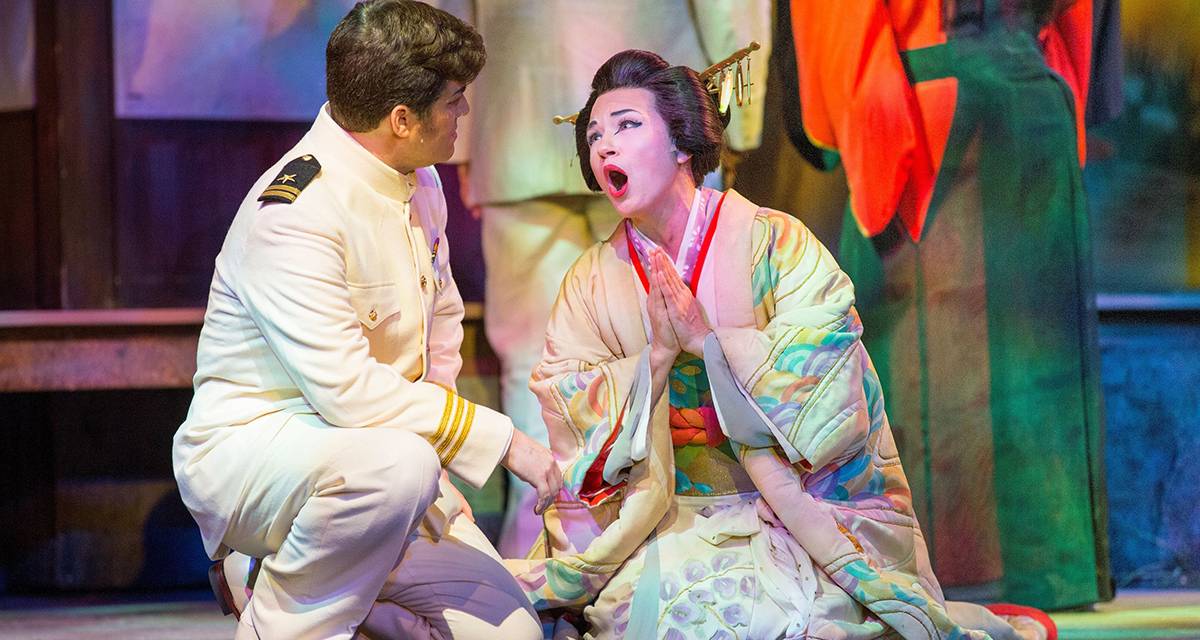An artform that was born 400 years ago and arguably had its heyday in the 18th and 19th centuries, it might seem a mystery why people still go to the opera. However, many of the themes found in operas are still relevant today.
Consider Puccini’s Madama Butterfly. Premiering at La Scala, Milan, in 1904, it remains a staple of the operatic repertoire around the world and has inspired a number of adaptations, including the musical Miss Saigon, which premiered on London’s West End in 1989. In this version the action is moved from imperial Japan to Vietnam, but the central themes remain the same.
Why might an opera first performed more than 100 years ago still be popular today? Without going into detail – spoilers ahead – while stationed in Nagasaki, Japan, US naval officer Pinkerton marries Ciocio, the eponymous Butterfly, and then abandons her, returning to the United States where he marries again. Butterfly gives birth to his child. Pinkerton later returns to Japan with his American wife to adopt the child. Devastated, Butterfly kills herself.
It’s all very dramatic, but the themes here are recognisable to us all: unrequited love, loss, betrayal and so forth. Who as a teenager didn’t have a crush on someone who barely knew we existed? Most of us have experienced lost loves or been lied to or let down at some point in our lives – or maybe you were the person doing the lying or letting down. We might not experience the extremes of these themes as played out in the opera, but we still understand them. Seeing them in such dramatic storytelling is cathartic. It both justifies our own grand passions and helps dissipate them.
These themes seem to be universal to human experience and therefore timeless – Pinkerton dumping Butterfly for someone he considers to be ‘better’ would work just as well in Eastenders as it does in this century-old opera. It’s telling that the majority of operas are tragedies (the same can be said of Shakespeare’s plays). Tragedy carries much better across both time and language than comedy, with humour often being ‘lost in translation’. What this might say about the human condition could be somewhat depressing.
Bizet’s Carmen is another good example. First performed in 1875, the opera has become one of the best-known and most frequently performed productions in the classical canon. It has inspired a whole host of adaptations, including the film Carmen Jones and Matthew Bourne’s ballet The Car Man.
It too features grand universal themes such as love versus desire, loss, betrayal and jealousy. While it’s highly unlikely that anyone reading this is going to get stabbed to death by a jealous lover, these are feelings that we relate to. Operas may be many decades and even centuries old, but the themes that they deal with are timeless, and that’s why they’re still relevant today.
Image
The Florida Grand Opera presents Madama Butterfly (Rod Millington via wikimedia commons).

